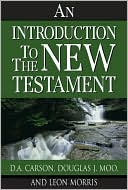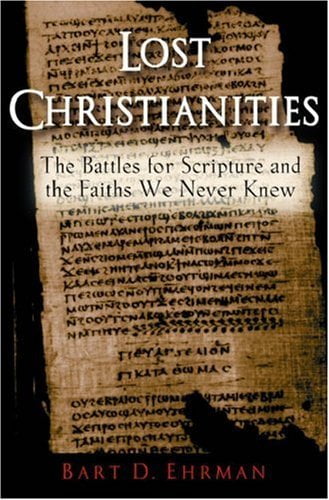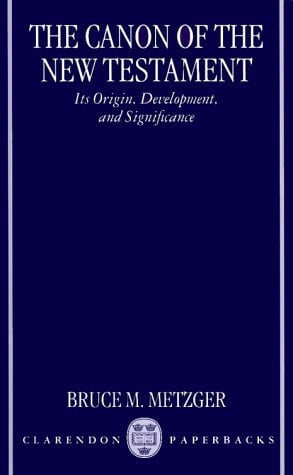The Muratorian fragment curiously includes a book named “Wisdom” in the middle of its discussion of New Testament literature (see Westcott 562). The standard interpretation of this reference appears to be that the fragment refers here to the well-known Wisdom of Solomon (e.g., Carson, Moo, and Morris 492; Ehrman 241).
The relevant sentence from the fragment itself reads, “Moreover, the epistle of Jude and two of the above-mentioned (or, bearing the name of) John are counted (or, used) in the catholic [Church]; and [the book of] Wisdom, . . . written by the friends of Solomon in his honour [sapientia ab amicis Salomonis in honorem ipsius scripts]” (Metzger 307; Westcott 562). B. F. Westcott, however, in his Survey of the History of the Canon of the New Testament, considers the phrase ab amicis Salomonis (by the friends of Solomon) to refer to Proverbs as a figurative designation for Hebrews (Westcott 245). This interpretation is prompted by the tension Westcott feels at having a document by this title listed with New Testament literature.
Yet, Westcott’s solution fails to carry much weight. The book of Proverbs (Liber Proverbiorum, Παροιμίαι) probably would not have been identified as the referent of Sapientia (Wisdom) in a context where other well-known works had ‘wisdom’-language in their titles [e.g., Liber Sapientæ (Book of Wisdom), Σοφία Σαλωμῶνος (Wisdom of Solomon), Σοφία Σίραχ (Wisdom of Sirach)]. Likewise, Westcott’s willingness to tie Paul to the phrase ab amicis Salomonis (by the friends of Solomon) seems rather to grasp at straws than to explain the Muratorian fragment’s text. Thus, probably one should understand the Muratorian fragment as designating another work, and because of its general popularity during the period and perhaps even with Paul, interpreting the fragment as referring to the Wisdom of Solomon is certainly reasonable, however awkward such a reference might be in a sequence that describes New Testament literature.
In this post:
    |
Leave a Reply